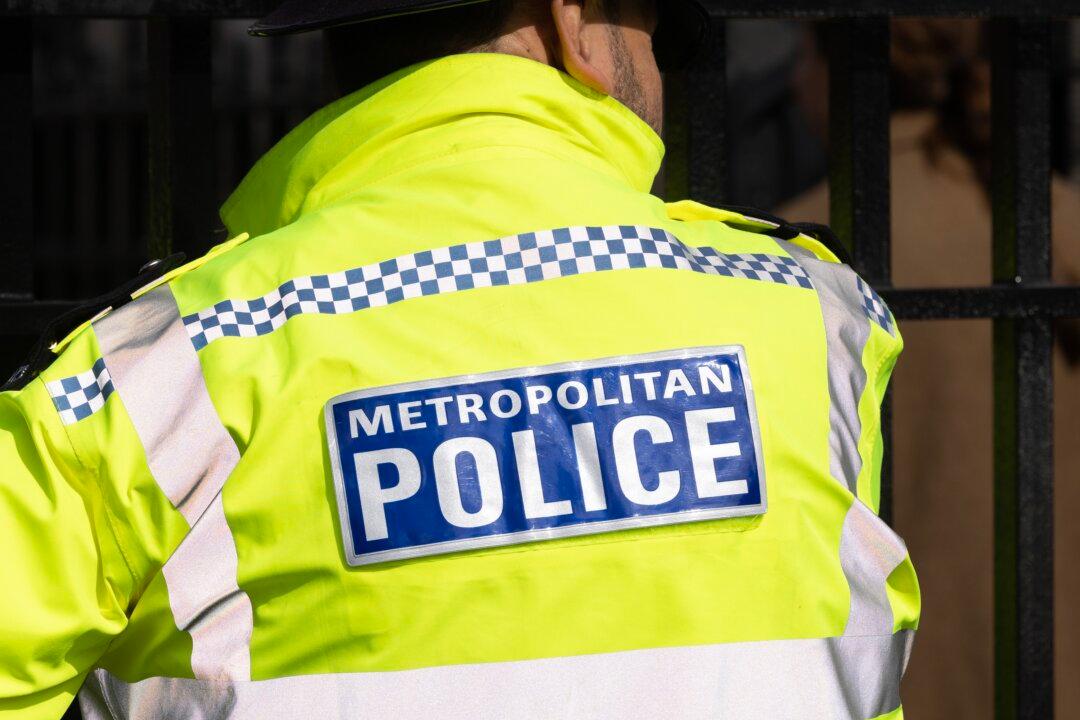An inquiry into undercover policing has found that the “great majority” of clandestine operations in the early years of a controversial Metropolitan Police unit were unjustified.
An interim report, published on Thursday, examined the activities of the Special Demonstration Squad (SDS) that conducted undercover policing activities from 1968–1982. The purpose of the unit was to infiltrate political or single-issue groups to prevent or investigate serious crime, including terrorism, the report said.





